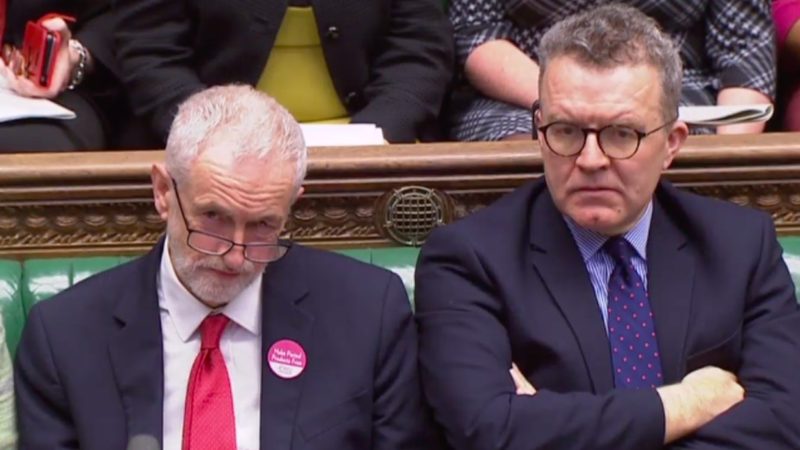
Labour will launch its European election campaign and manifesto today. Speaking in Kent this morning, Jeremy Corbyn is set to blame the government for the Brexit “deadlock” and defend Labour’s position. Its alternative plan would “end the chaos” and “let us focus on the other big issues facing our country”, the Labour leader will say. The setting – at the University of Kent’s Medway campus – is no coincidence, combining Labour-friendly students with a 2016 Leave area in which the party did well last week.
The manifesto – Transforming Britain and Europe: for the many not the few – is expected to come under heavy scrutiny after being at the centre of recent rows over Labour’s support for another referendum. The public vote option will get a mention in Corbyn’s speech, but backing for the idea is heavily caveated, applying only “if we can’t get a sensible deal, along the lines of our alternative plan, or a general election”. (Note that “along the lines of” is different from ‘definitely meets our six tests/my five demands’.) And PV is only an “option”.
The launch offers confirmation, as if we needed it, that the leadership is sticking to its guns on Brexit ambiguity. Supporters of that policy will be delighted by new data analysis of the local election results exclusively revealed by LabourList today. The report by Survation for Labour shows that the party was more likely to lose control of councils that had a higher Leave vote in 2016, but that there was no “major Brexit backlash against Labour in Remain areas or in Leave areas”. You can read the details here. The analysis is being interpreted by the top of the party as further proof that Labour must not move towards a ‘stop Brexit’ position, which would be electorally damaging.
Labour MPs who attended Tom Watson’s second Future Britain Group meeting last night may have a different take on the data. They were presented with stats by a YouGov representative who looked at current voting intentions for Westminster, which showed that only 9% of 2017 Labour voters would instead opt for a different Brexit-backing party now, whereas a larger 18% would switch to Lib Dems, Greens or Change UK.
Labour’s deputy leader also used the gathering to lay out his own strategy for contesting the Euro elections: basically, make it an anti-Farage campaign. “We need to be clear that staying at home only helps Nigel Farage and Tommy Robinson,” he told 80 MPs and peers. Labour MEP Judith Kirton-Darling appears to agree, arguing in her LabourList piece that this election is about Labour values and fighting the far right, not “EU identity politics”. It’ll be interesting to see whether an explicit ‘fight the far right’ message will come to dominate Labour’s campaign over the next two weeks.
Sign up to LabourList’s morning email for everything Labour, every weekday morning.



More from LabourList
Almost half of Labour members oppose plans to restrict jury trials, poll finds
‘How Labour can finally fix Britain’s 5G problem’
‘The University of the Air – celebrating 60 years of Harold Wilson and Jennie Lee’s vision’